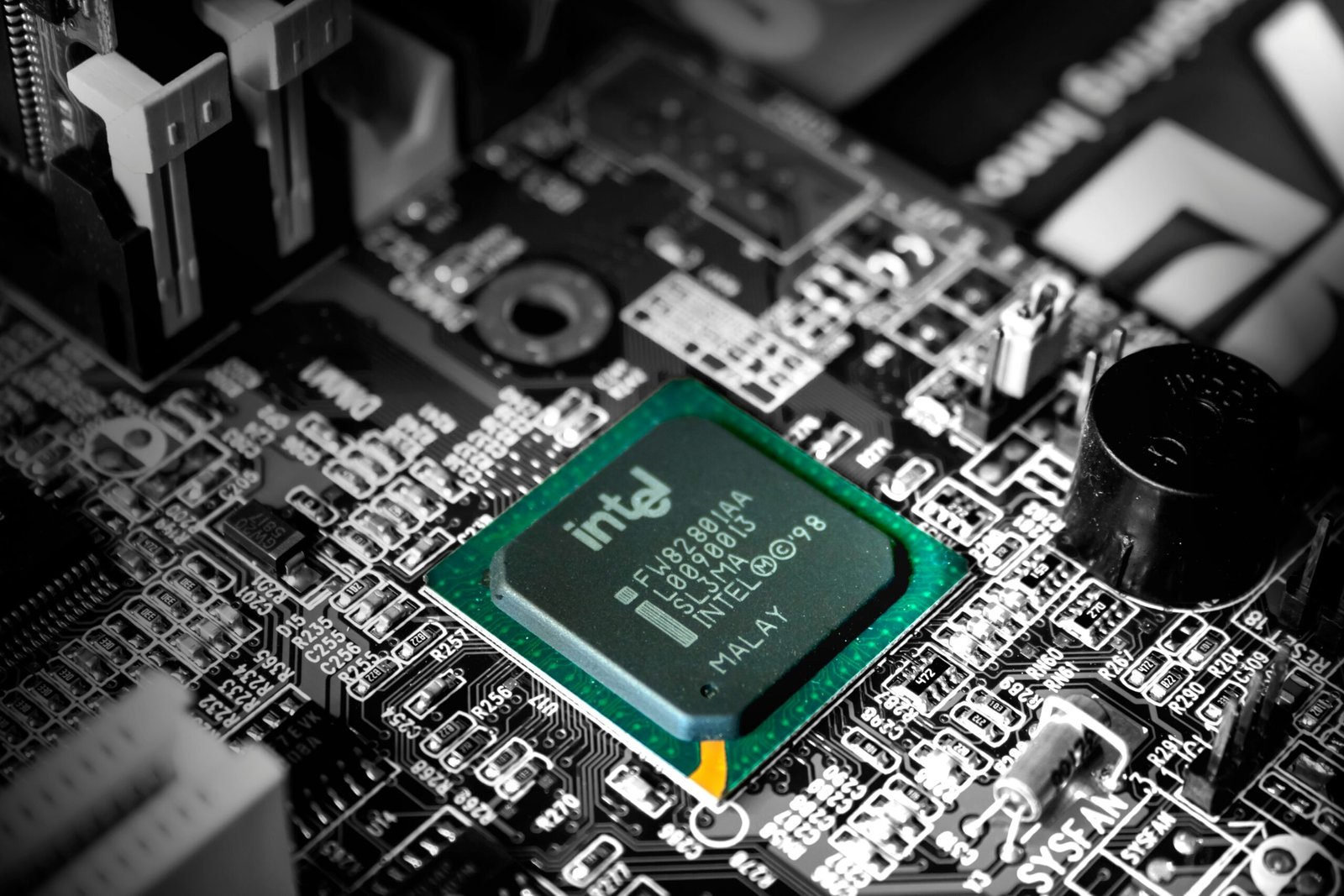Introduction
The advent of artificial intelligence (AI) has ushered in a revolution that is reshaping industries, work processes, and the very fabric of daily life. The significance of this AI revolution cannot be overstated, as it is set to transform both economic landscapes and societal interactions. Many individuals are now facing challenges in the form of job security concerns, driven by the rapid automation of tasks previously performed by humans. The integration of AI technologies into various sectors comes with the potential to enhance efficiency and productivity, yet it also raises uncertainties regarding the future of certain job roles.
In this context, the urgency to adapt to an AI-driven market has never been clearer. As automation continues to evolve, skills that were once deemed essential may become obsolete, while new competencies will emerge as prerequisites for success in various fields. This shift raises important questions: How can one remain relevant in a workforce increasingly dominated by intelligent systems? What skills are necessary in order to thrive and not just survive in this changing environment?
This article aims to address these pressing questions by providing insights into the skills needed to navigate the complexities of the AI revolution. Readers can expect to gain a comprehensive understanding of both the challenges posed by this transformation and the opportunities it presents for professional growth. The emphasis will be placed on acquiring relevant abilities that enhance adaptability and innovation in the workplace. By exploring the necessary skills, individuals will be better equipped to harness the power of AI and leverage it to their advantage in an increasingly competitive job market.
Understanding the AI Landscape
Artificial intelligence (AI) has rapidly evolved into a transformative force across various sectors, revolutionizing traditional processes and creating new avenues for innovation. Its applications extend into healthcare, finance, technology, and many other industries, marking a significant shift in operational methodologies. In the healthcare sector, AI is enhancing diagnostic accuracy through predictive analytics and image recognition. A recent report from McKinsey indicates that AI could potentially create up to $1 trillion in value annually within the global healthcare market by augmenting clinical efficiency and optimizing patient treatment pathways.
In the finance industry, AI algorithms are employed for risk assessment, fraud detection, and personalized customer service. A study by Deloitte found that over 30% of financial institutions are integrating AI technology into their operations to enhance efficiency and streamline decision-making processes. Furthermore, the AI landscape is continually expanding, with the global AI market projected to reach $390 billion by 2025, reflecting an exponential increase in adoption across sectors.
The technology sector itself is a hotbed for AI innovation, incorporating machine learning and natural language processing into software development, cybersecurity, and data analysis. AI is not only automating routine tasks but is also paving the way for advanced tools that empower employees to focus on strategic initiatives rather than time-consuming procedures.
The growth of AI technology signifies its potential to redefine job roles and generate new opportunities. As traditional career paths evolve, the demand for skills in AI-related fields is escalating. For instance, roles in AI supervision, data analysis, and machine learning development are becoming increasingly sought after, making it imperative for individuals to acquire relevant skills in order to thrive in this new landscape. By understanding the current state of artificial intelligence and its extensive impact, one can begin to appreciate the urgency of developing new competencies tailored for emerging demands in the workforce.
Essential Skills for the AI Era
As the world begins to embrace automation and artificial intelligence (AI), it is essential for individuals to adapt and acquire skills that will be vital for success in the evolving workforce. These skills can be broadly categorized into three key areas: technical skills, soft skills, and interdisciplinary skills.
Technical Skills
Technical skills are crucial in the AI era, particularly in programming, data analysis, and machine learning. Proficiency in programming languages such as Python or R is increasingly important, as these languages underpin much of the AI and data science tools used across various industries. For instance, a recent study by IBM reported a 25% increase in job postings for data scientists proficient in Python. In addition to coding capabilities, a solid foundation in data analysis is essential to interpret the vast amounts of information generated by AI technologies. Learning data visualization tools and understanding data interpretation is invaluable.
Soft Skills
While technical expertise is crucial, soft skills are increasingly recognized as equally important for thriving amidst the AI revolution. Skills such as problem-solving, critical thinking, and adaptability are essential in navigating the complexities of AI integration. For example, during the pandemic, companies that adapted quickly to remote work environments demonstrated the significance of resilience and effective communication, two key soft skills. Employees who could pivot and innovate in these unexpected circumstances were often viewed as invaluable assets to their organizations.
Interdisciplinary Skills
In today’s interconnected environment, interdisciplinary skills are also gaining prominence. The ability to merge AI knowledge with expertise in other fields—such as healthcare, finance, or environmental science—can lead to innovative solutions that address complex societal issues. For instance, the collaboration between AI specialists and healthcare professionals has resulted in advancements like predictive analytics, improving patient outcomes significantly. Professionals who cultivate a mix of domain-specific expertise and AI literacy will most certainly stand apart in the competitive job market.
In conclusion, equipping oneself with essential technical, soft, and interdisciplinary skills will be critical in remaining competitive in an AI-dominated workforce. Emphasizing lifelong learning and adaptability will further assist individuals in navigating this transformative era.
Conclusion and Next Steps
As we navigate through the transformative landscape of the AI revolution, the imperative for individuals to equip themselves with essential skills becomes increasingly clear. This article has highlighted several critical areas where investment in learning is not just advantageous but necessary. From data literacy and programming to critical thinking and emotional intelligence, these competencies will play a foundational role in thriving amidst automation and advanced technologies.
To begin incorporating these skills into your repertoire, consider enrolling in online courses, many of which are offered by reputable platforms such as Coursera, edX, and Udacity. For more hands-on experience, participating in workshops and hackathons can provide invaluable insights, allowing you to collaborate with peers while solving real-world problems using AI. Additionally, engaging in practice projects, whether independently or through community groups, can solidify your understanding and application of these concepts.
It is essential to recognize that the journey toward mastering these skills is ongoing. Maintaining a mindset of lifelong learning will serve you well, as AI technology continues to evolve. Following thought leaders and joining online forums dedicated to artificial intelligence and its applications can further enrich your understanding. This engagement will not only elevate your skills but also expand your professional network within this burgeoning field.
We invite you to share your thoughts and experiences regarding your journey into the AI domain in the comments section below. Your insights could inspire others and contribute to a community that thrives on knowledge sharing and collaboration. Additionally, if you found this article beneficial, please consider sharing it on social media to help disseminate these essential skills across a broader audience. Together, we can prepare for the AI revolution and harness its potential for innovation and growth.




